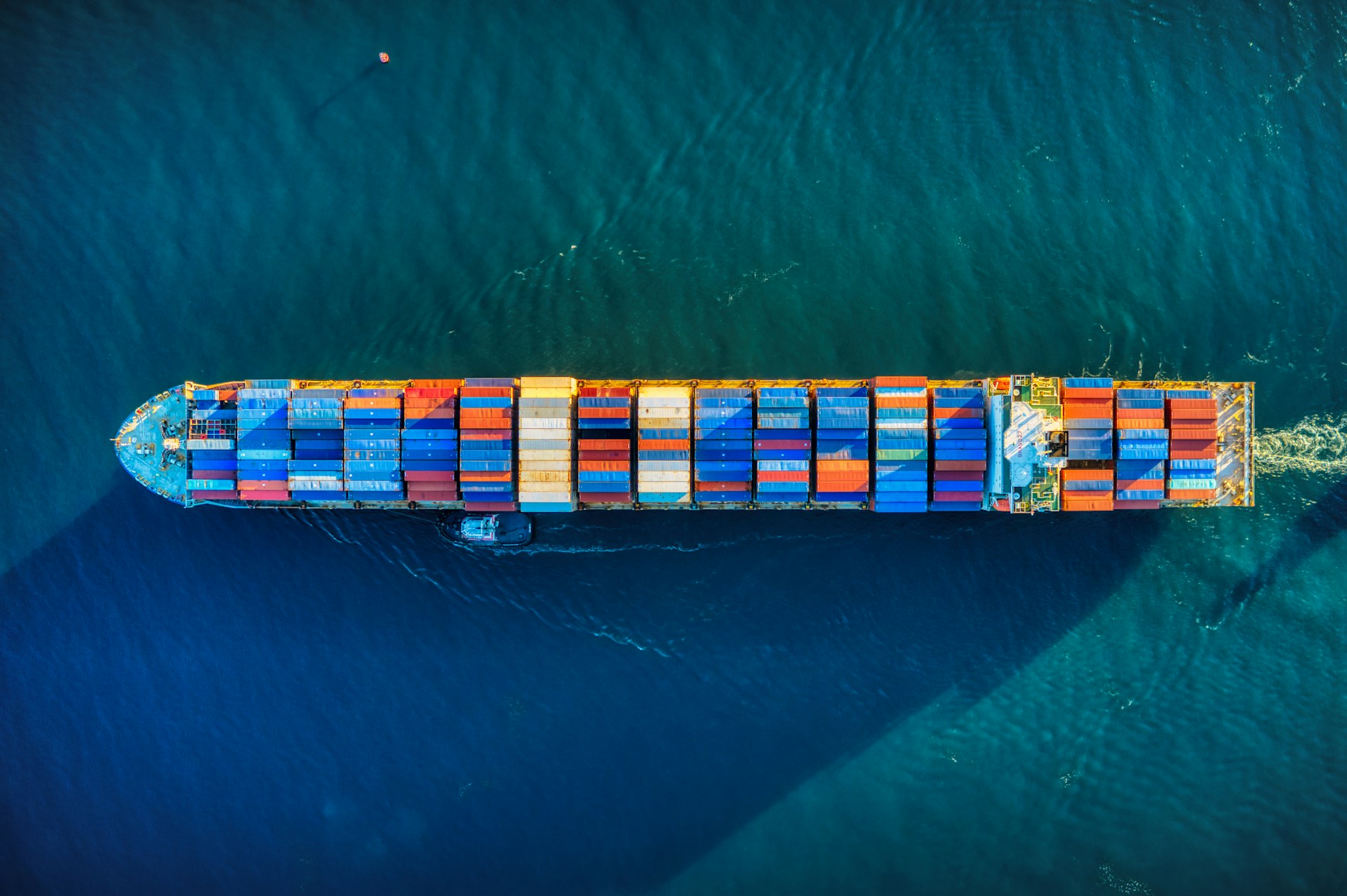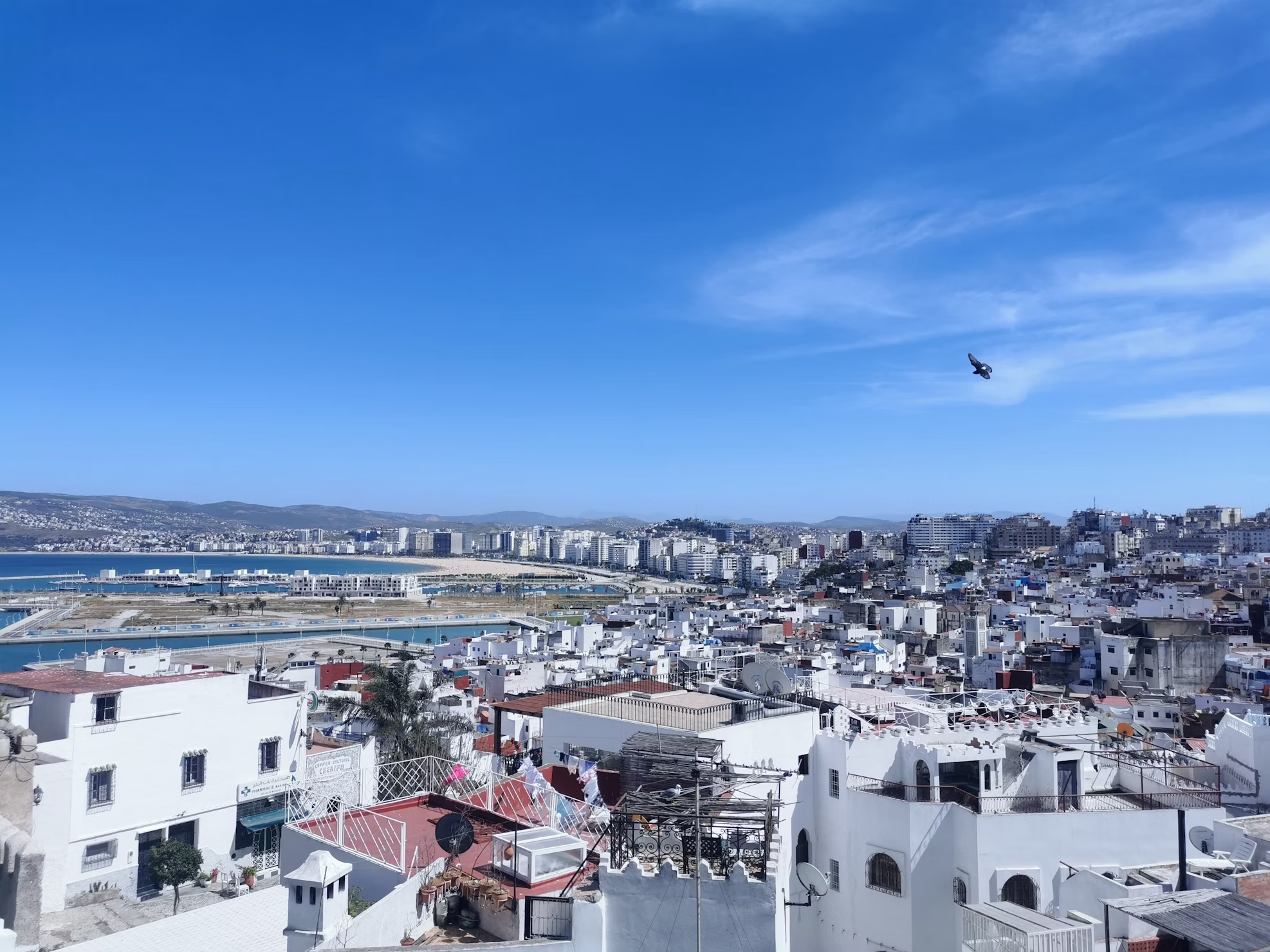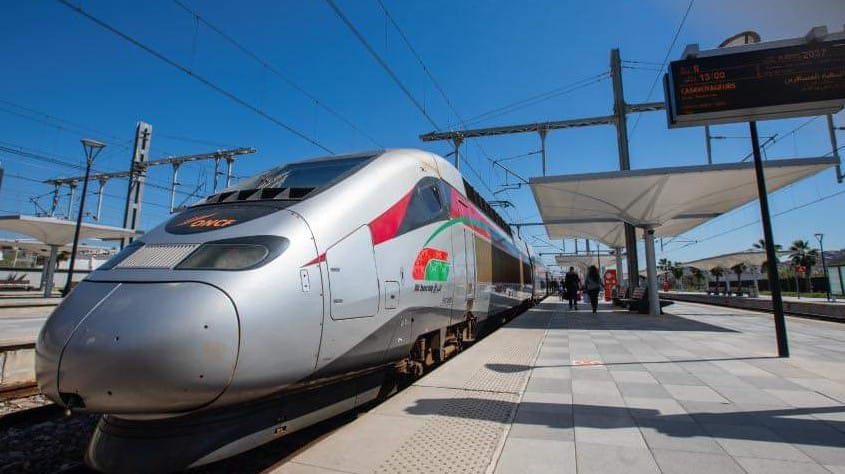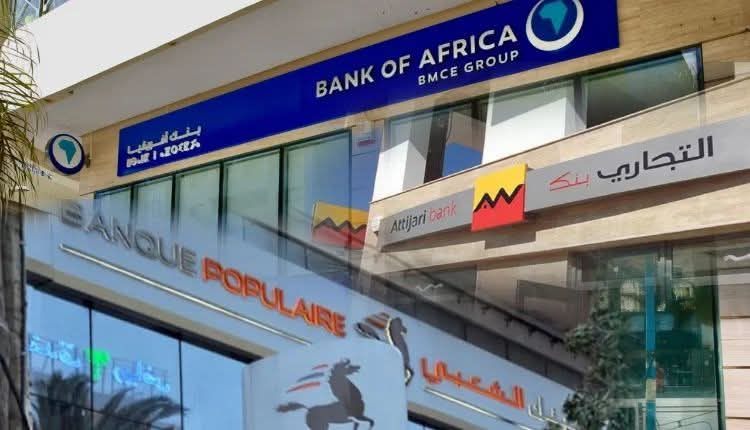Casablanca – Morocco has launched a new dedicated maritime service linking its Atlantic ports to Northern Europe, in a move that marks a significant step forward for the country’s logistics and fresh produce export sectors. Operated by Dutch-based logistics company Samskip, the Moroccan Reefer Service (MRS) offers a fast, direct shipping connection between Agadir and Casablanca and the ports of Tilbury and Thamesport in the United Kingdom, as well as Rotterdam in the Netherlands.
Specially designed to handle perishable goods, particularly fruits and vegetables, the new line is part of Morocco’s broader effort to modernize its supply chain infrastructure, reduce its reliance on traditional overland and ferry routes, and enhance its position as a key fresh produce supplier to the European market.
A Faster, integrated export solution
The Moroccan Reefer Service operates weekly and is optimized for door-to-door cold chain delivery. It makes use of 45-foot refrigerated containers, which are compatible with standard road trailers and ensure consistent temperature control throughout the shipping process.
The service enables Moroccan exports to reach destinations such as Ireland in just six days, while cargo arriving in Rotterdam can be efficiently distributed to Scandinavia (Norway, Sweden, Finland), Poland, and the Baltic states, thanks to Samskip’s extensive European intermodal network.
According to Samskip, the MRS offers one of the most competitive transit times on the market for fresh produce exports. By eliminating multiple transshipment points and overland border crossings, the route allows Moroccan exporters to meet the increasingly tight delivery windows of European retailers.
Long-term strategic partnership
The launch of the MRS is supported by a long-term agreement between Samskip and the Moroccan Fruit Board, an organization representing major national exporters. The partnership aims to align the service with Morocco’s export priorities and provide stable, year-round capacity for agricultural shipments.
“This new connection is a decisive step for Morocco’s integration into Northern European supply chains,” said Ólafur Orri Ólafsson, Chief Commercial Officer at Samskip. “We’re offering a faster, greener, and more reliable solution, tailored to the needs of producers, distributors, and importers alike.”
The initiative comes at a time when demand for sustainable and transparent logistics is growing rapidly in European markets, particularly in the food sector.
Environmental benefits and sustainability
One of the standout features of the new service is its environmental impact. According to Samskip, the Moroccan Reefer Service can reduce CO₂ emissions by up to 80% compared to full road transport. This is achieved through fuel-efficient vessels, reduced road mileage, and streamlined customs and inland logistics procedures.
In addition to supporting Morocco’s climate goals, the route enhances the country’s attractiveness to European buyers who prioritize low-emission sourcing. The integration of customs handling and last-mile delivery also reduces administrative delays and improves supply chain visibility.
Part of a larger logistics strategy
The launch of the Moroccan Reefer Service coincides with broader improvements in Morocco’s transport and logistics infrastructure. In the first half of 2025, the country’s largest port, Tanger Med, recorded an 11.6% increase in total commercial traffic, including a 15.5% rise in transshipment activity, according to the Ministry of Equipment and Water. The port is on track to surpass 10.5 million containers (TEUs) handled by the end of the year.
Meanwhile, Morocco continues to invest in cold chain infrastructure to support its fresh produce exports. A recent initiative led by Ifria Cold Chain Development, with backing from the Subnational Climate Fund (SnCF) and the Green Climate Fund, has allocated $150 million to cold storage development, with a goal of mobilizing $750 million in total funding across the region.
Positive market response
Initial indicators show strong interest in the new service. In the first quarter of 2025, Morocco’s exports of fruits and vegetables to Spain alone reached 188,076 tons, valued at approximately $530 million, reflecting a 24% increase in volume and a 23% rise in value year-over-year, according to FEPEX, the Spanish Federation of Fruit and Vegetable Exporters.
Today, Morocco accounts for one-third of the EU’s fruit and vegetable imports, with its presence steadily expanding beyond Southern Europe into Northern and Central European markets, particularly through the promotion of berries, citrus fruits, and greenhouse vegetables.
The Moroccan Reefer Service represents a strategic milestone in Morocco’s logistics evolution. By offering a dedicated, climate-friendly, and high-speed maritime corridor to Northern Europe, the country is enhancing the competitiveness of its agricultural exports and positioning itself as a central player in the Euro-Mediterranean trade ecosystem.
With growing international demand for sustainable logistics and fresh produce, Morocco’s investment in infrastructure, partnerships, and service innovation appears well-timed—and well-placed for long-term impact.
















